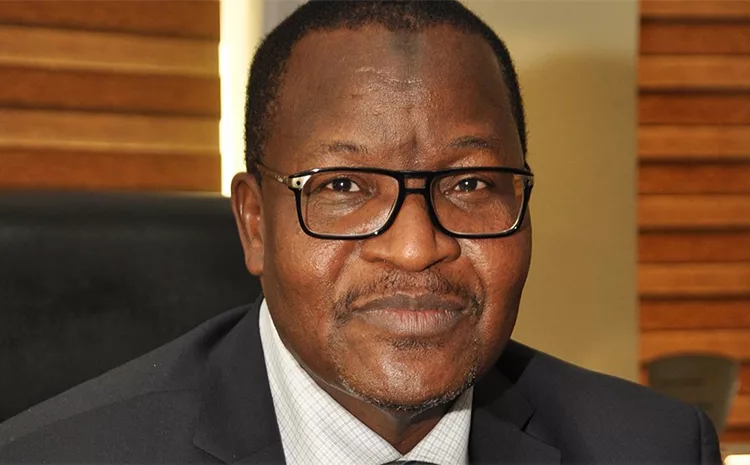Since Prof. Umar Garba Danbatta took over as the head of the Nigerian Communications Commission (NCC), the agency has played a key role in transforming Nigeria’s digital landscape and boosting the country’s economy. With his leadership, the NCC has created a business-friendly environment for telecom operators and attracted significant local and foreign investments, leading to positive growth in the telecom sector.
Telecom’s Growing Impact on Nigeria’s Economy
The telecom industry is now one of Nigeria’s biggest contributors to the national economy. As of the third quarter of 2022, the sector contributed 15.35% to Nigeria’s GDP, up from 14.2% the previous year. This growth is attributed to the effective policies implemented by Prof. Danbatta since he became the head of the NCC in 2015.
Investments in the Telecom Sector
Under Prof. Danbatta’s leadership, investments in Nigeria’s telecom industry have skyrocketed. In 2015, the sector attracted investments worth $38 billion, a figure that has now grown to over $70 billion. This increase in investments has helped boost the number of active phone lines in Nigeria, which grew from 151 million in 2015 to 222.57 million by the end of 2022.
Broadband and Internet Access
The number of Nigerians using the internet has also increased dramatically. Internet subscriptions have risen from 105 million in 2018 to 154.84 million by the end of 2022. Additionally, broadband internet connections have reached 90.4 million, with a penetration rate of 47.36%. These achievements put Nigeria on track to reach its goal of 70% broadband penetration by 2025.
Advancements in Mobile Technology
The NCC has also led the way in rolling out next-generation mobile technologies. The country, which was initially using 3G technology, has successfully transitioned to 4G, and now Nigeria is moving into 5G. With the successful auctioning of 5G spectrum, telecom companies like MTN, Mafab Communications, and Airtel are now rolling out the fastest internet technology available.
Affordable and Improved Services
Since 2014, the NCC has made it a priority to improve the quality of service while reducing the cost of mobile data for Nigerians. The price of mobile data has dropped significantly, with the cost of 1GB falling by over 75% from $11.15 in 2014 to about N500 today. This makes internet access more affordable for Nigerians across the country.
Strategic Vision for the Future
Prof. Danbatta’s leadership has been guided by two Strategic Vision Plans. The first, which ran from 2015 to 2020, focused on expanding broadband access, improving service quality, protecting consumers, and ensuring fair competition. The second, which covers the years 2021 to 2025, continues this work while aiming to strengthen the digital economy, improve infrastructure, and boost investment.
Revenue and Partnerships
The NCC has not only driven the growth of the telecom sector but has also generated billions of dollars for the federal government through spectrum sales. This revenue has contributed significantly to the government’s finances. Additionally, the NCC’s strong partnerships with the government and telecom companies have helped maintain steady growth in the sector.
Looking Ahead
Despite economic challenges, the NCC continues to focus on growing Nigeria’s telecom sector and driving the country’s digital economy forward. With clear goals, strategic planning, and support from stakeholders, Nigeria’s telecom industry is expected to continue thriving, benefiting millions of Nigerians in the years ahead.
This version simplifies the original report and presents it in a more straightforward, human-readable format.




